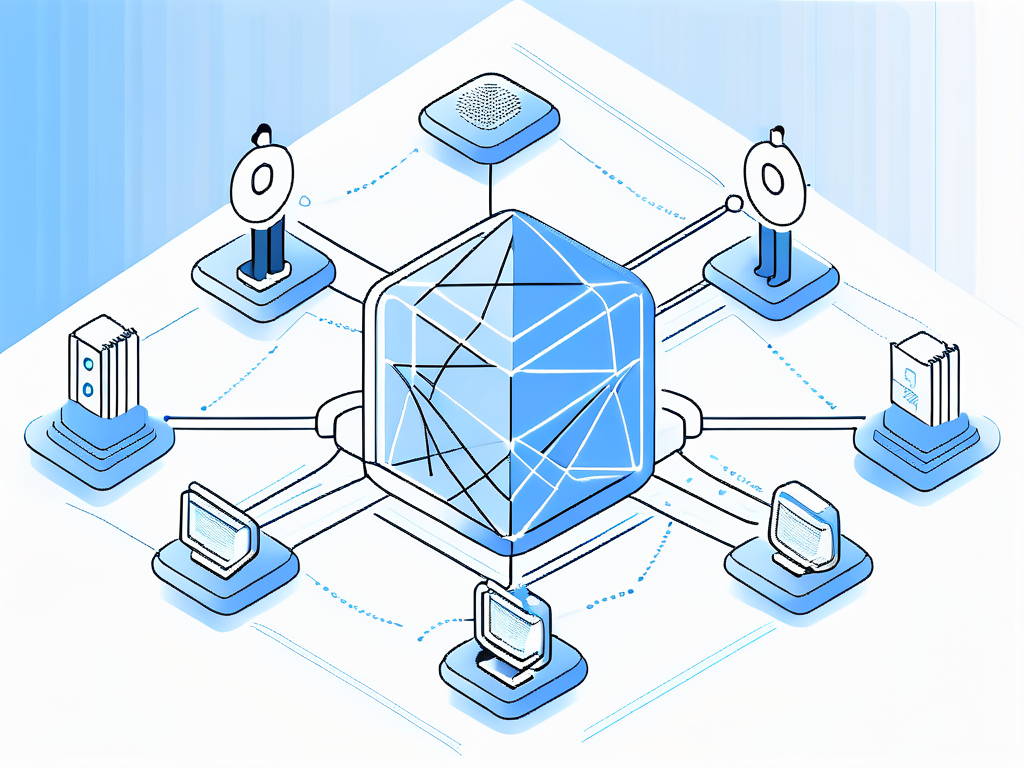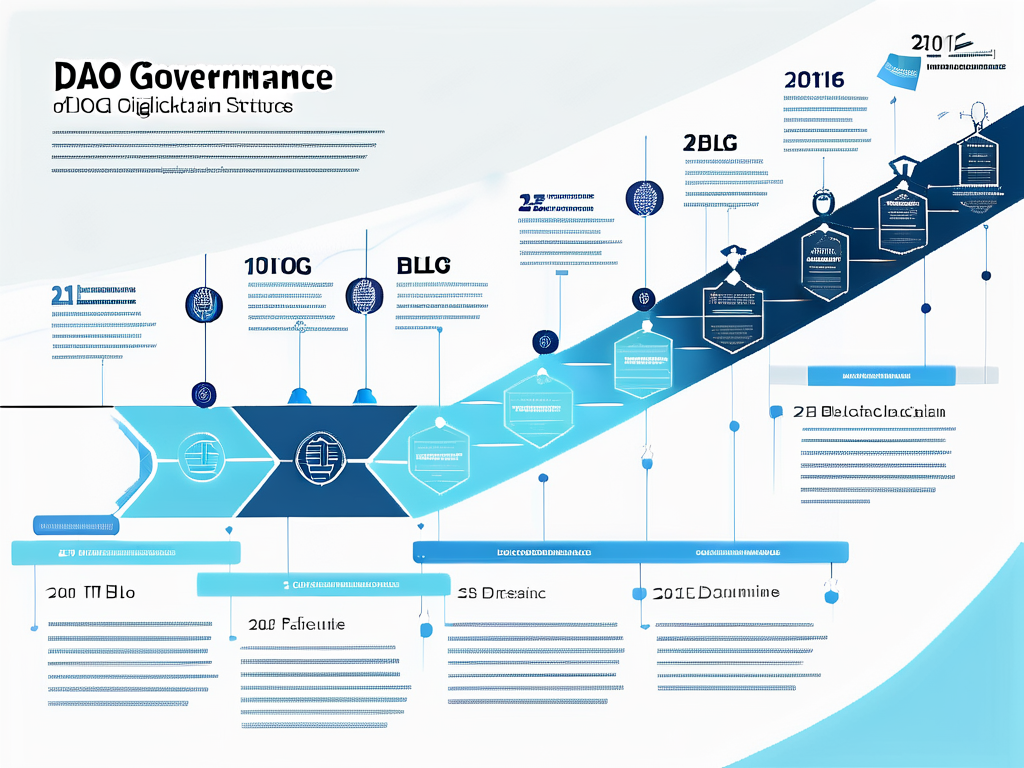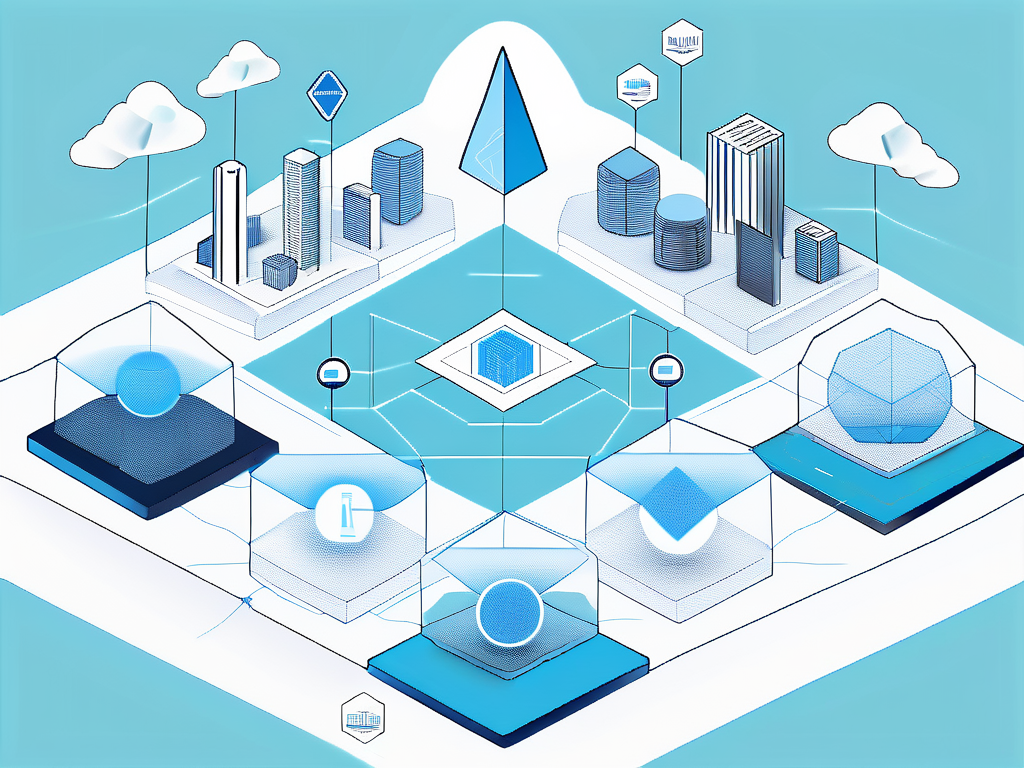Understanding DAO and SUI: A Brief Overview
Decentralized Autonomous Organizations (DAOs) are a revolutionary model for organizational governance, leveraging blockchain technology to empower individuals. In essence, a DAO operates on smart contracts, automating decision-making processes and eliminating traditional hierarchical structures. These organizations thrive on community involvement and provide members with voting rights, thereby fostering a democratic approach to governance.

What is DAO?
A DAO is built on blockchain protocols that allow for transparent and tamper-proof management of resources and responsibilities. This means that every action is recorded on a public ledger, creating a trustless environment where members can engage and contribute without relying on centralized authorities. DAOs burst onto the scene with the advent of Ethereum, inspiring various sectors to consider decentralized management as a path towards greater autonomy and accountability.
The beauty of DAOs lies in their token-based governance model, where members use tokens to influence decisions and vote on proposals. This mechanism not only incentivizes participation but ensures that governance reflects the will of the community. As more people recognize the potential of DAO architecture, the concept has gained traction across multiple industries, ranging from finance to art. For instance, in the art world, DAOs have enabled artists and collectors to collaborate on projects, fund new art initiatives, and even collectively own pieces of artwork, thereby democratizing access to the art market.
The Role of SUI in DAO Governance
SUI is a layer-1 blockchain that aims to facilitate enhanced scalability and user experience for decentralized applications. By providing a high-throughput environment and low transaction costs, SUI positions itself as an ideal platform for DAOs, optimizing their operation and governance frameworks. The unique architecture of SUI allows DAOs to implement more efficient voting mechanisms and decentralized applications.
Moreover, SUI's focus on security ensures that DAOs built on its network can operate without compromise. This is crucial, as security breaches can undermine the trust essential for any DAO's functionality. The integration of SUI into DAO governance models not only improves operational efficiencies but also broadens participation by enabling more seamless user experiences. Additionally, SUI's innovative approach to data storage and retrieval allows DAOs to manage vast amounts of information effortlessly, making it easier for members to access relevant data when making decisions. This capability is particularly beneficial for DAOs that require extensive documentation and transparency, as it enhances the overall governance process and fosters a culture of accountability among members.
The Current State of DAO Governance on SUI
As DAOs continue to evolve, the current landscape showcases a plethora of applications ranging from investment clubs to community-driven projects. SUI plays a pivotal role in hosting these DAOs, as it combines cutting-edge technology with the principles of decentralization.
Strengths and Weaknesses
One of the primary strengths of DAO governance on SUI is its ability to facilitate fast and efficient decision-making processes. The smart contracts deployed on the blockchain enable automatic execution of decisions, eliminating the need for intermediaries. Additionally, the transparency inherent in blockchain allows for auditability; members can scrutinize transactions and governance actions freely.
However, there are weaknesses to consider. Coordination among a large number of participants can become cumbersome, leading to decision paralysis. Additionally, the complexities of governance models may deter potential members who are unfamiliar with the technical underpinning of DAOs. While SUI enhances the capabilities of DAOs, challenges such as user education and scalability remain pertinent. Moreover, the reliance on technology can create vulnerabilities; if a smart contract contains bugs or exploits, it could jeopardize the entire DAO's operations and trust among its members.
Key Players in the Field
Several organizations and ventures have emerged as key players in the DAO space on SUI. These range from developer communities to dedicated platforms enabling DAO creation and governance. For instance, platforms that provide tools for project management and proposal execution are vital in lowering the entry barriers for new DAOs. These tools not only streamline the governance process but also foster collaboration among members, enhancing the overall efficiency of decision-making.
Furthermore, thought leaders, technologists, and advocates for decentralized governance contribute to enriching the ecosystem. They push for innovations in governance structures, explore new economic strategies, and promote legal frameworks that can help solidify the legitimacy of DAOs within the existing regulatory landscapes. Additionally, educational initiatives aimed at demystifying the DAO governance process are gaining traction, helping potential participants understand the benefits and responsibilities of being involved in such decentralized organizations. This growing focus on education is crucial for fostering a more inclusive environment where diverse voices can contribute to the governance of DAOs on SUI.
The Evolution of DAO Governance: From Past to Present
The journey of DAOs has been marked by significant milestones, reflecting the continuous adaptation of governance models to societal needs and technological advancements. Understanding this evolution is crucial for envisioning its potential future.

Historical Developments
The inception of DAOs can be traced back to projects like The DAO in 2016, which aimed at creating a venture capital fund governed by token holders. Although The DAO faced significant challenges, notably a hacking incident, it set the stage for subsequent projects. Learnings from these early efforts paved the way for more resilient and secure DAO frameworks.
Over time, DAOs have expanded beyond financial models into various sectors, including social organizations, environmental initiatives, and creative collaborations. Each iteration has helped refine governance structures, leading to a more nuanced understanding of what it means to operate as a collective. For instance, DAOs like MolochDAO and Gitcoin have demonstrated how community-driven funding can support open-source projects, showcasing the potential for collective action to drive innovation and social good. This shift towards community-centric governance has not only empowered participants but also fostered a sense of ownership and accountability within these organizations.
Recent Innovations
Recent innovations in DAO governance include the introduction of quadratic voting, which provides a more balanced approach to how votes are cast and weighted. This method ensures that the preferences of minority stakeholders are given due consideration, enhancing overall fairness. Moreover, the implementation of innovative treasury management tools allows DAOs to effectively manage their resources, optimizing the distribution of funds across various initiatives. These tools often incorporate advanced analytics and forecasting models, enabling DAOs to make informed decisions that align with their long-term goals and community values.
Another notable trend is the rise of cross-chain DAOs, which aim to operate across multiple blockchain networks, including SUI. This flexibility not only enhances engagement but facilitates collaboration among different communities, creating a more interconnected ecosystem for decentralized governance. As these cross-chain DAOs emerge, they are also addressing the challenges of interoperability, which is crucial for seamless interactions between different blockchain protocols. This evolution signifies a shift towards a more inclusive and diversified governance landscape, where participants can leverage the strengths of various networks to achieve common objectives and drive collective impact.
Envisioning the Future of DAO Governance on SUI
With the rapid evolution of blockchain technology and an increasing acceptance of decentralized models, envisioning the future of DAO governance on SUI is both exciting and imperative. Anticipating potential developments can prepare stakeholders to engage proactively in shaping this dynamic landscape.

Predicted Trends and Developments
One predicted trend is the increasing prevalence of user-centric governance models. As DAOs mature, mechanisms will evolve to ensure that governance reflects the preferences of all members, not just those with the most tokens. Systems that prioritize inclusivity and engagement will be key to fostering vibrant communities.
Furthermore, as regulatory frameworks become clearer, we can expect institutional participation in DAOs to rise. This shift could unlock new funding avenues and legitimacy for DAOs, paving the way for them to operate alongside traditional companies while retaining their decentralized ethos.
Potential Challenges and Solutions
Despite the optimism, challenges remain. Legal complexities regarding liability, intellectual property, and taxation could hinder progress. DAOs will need to strategically navigate these issues, possibly through the establishment of lobbying efforts to influence regulatory bodies positively.
Education and awareness campaigns will be essential in overcoming skepticism surrounding DAOs. By demystifying the technology and its implications, stakeholders can cultivate broader acceptance and encourage participation in decentralized governance.
The Impact of New Paradigms on DAO Governance
New paradigms are continually reshaping DAO governance, influencing how these organizations operate and interact with the broader ecosystem. Understanding the implications of these shifts could provide insights into their potential trajectories.
The Role of Technology
As technology advances, its impact on DAO governance will only deepen. Enhancements in smart contract capabilities, interoperability, and user interfaces will empower individuals to participate meaningfully regardless of their technical background. Tools like decentralized identity systems could streamline member verification and engagement, fostering heightened participation.
Additionally, developments in artificial intelligence and machine learning could automate elements of governance, analyzing community preferences and streamlining decision-making. Such innovations would enable DAOs to remain agile and responsive in an ever-evolving landscape.
Regulatory and Legal Considerations
The interplay between DAOs and regulatory bodies is complex. New paradigms must consider how best to navigate existing legal structures while advocating for frameworks that support decentralized governance. As these discussions evolve, adaptability will be crucial.
Ultimately, the future of DAO governance on SUI hinges not only on technological innovation but also on collaborative efforts across communities, regulators, and stakeholders. By addressing challenges head-on and embracing the opportunities presented by new paradigms, the DAO movement can continue to flourish, shaping the future of organizational governance.
.svg)


